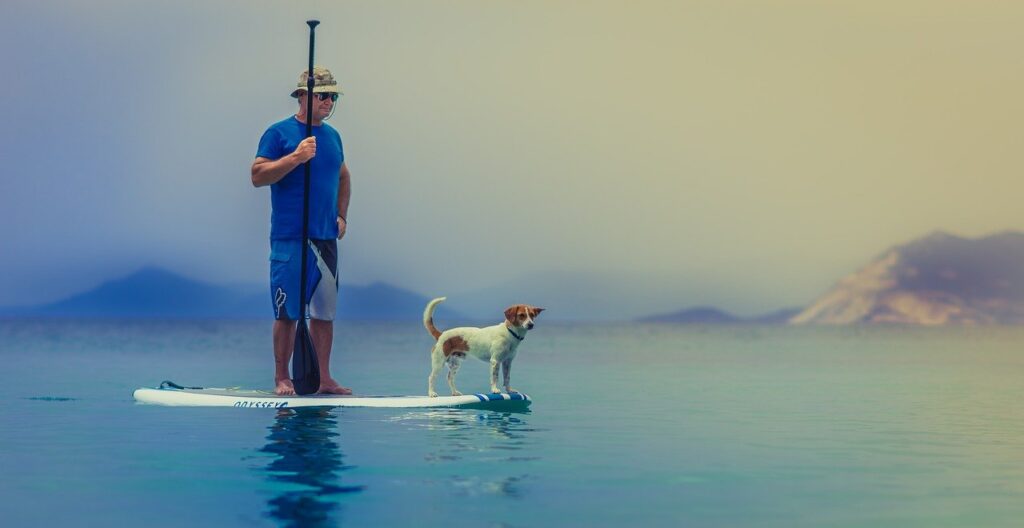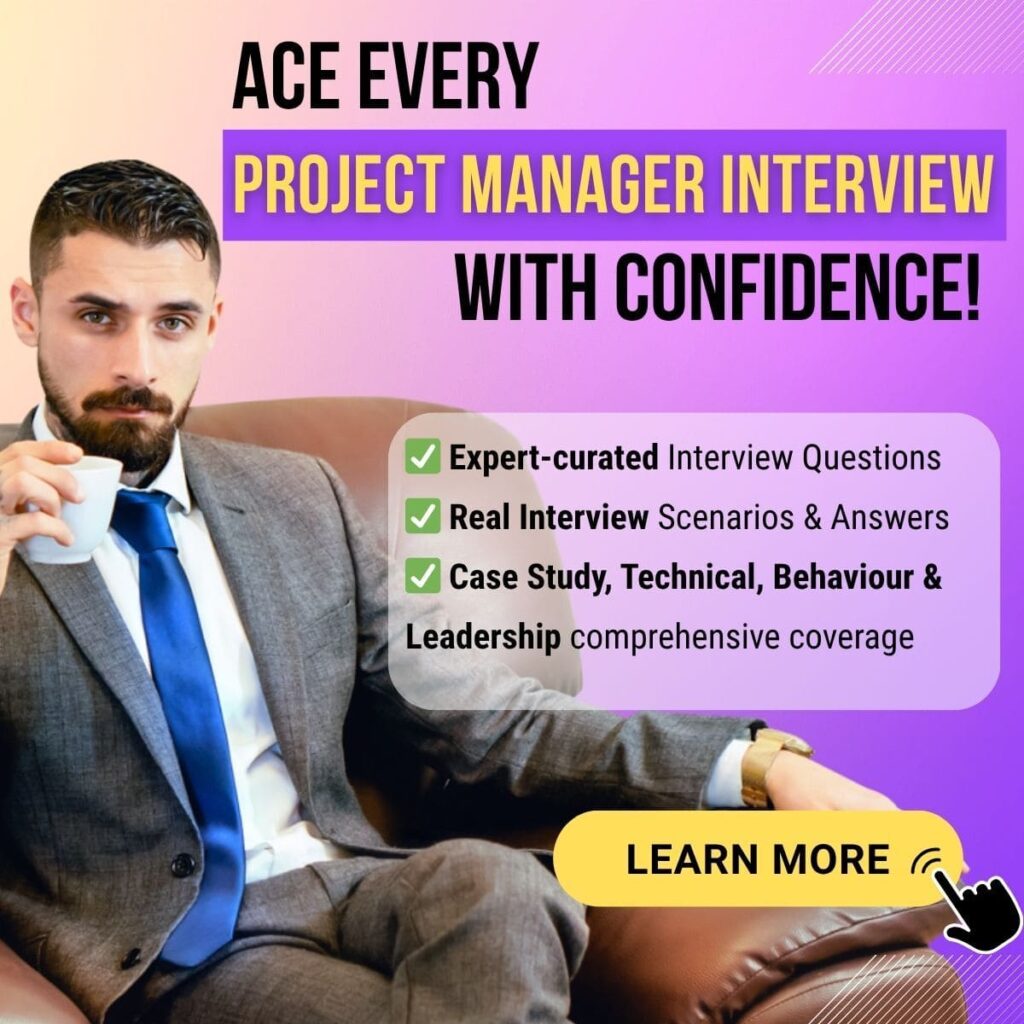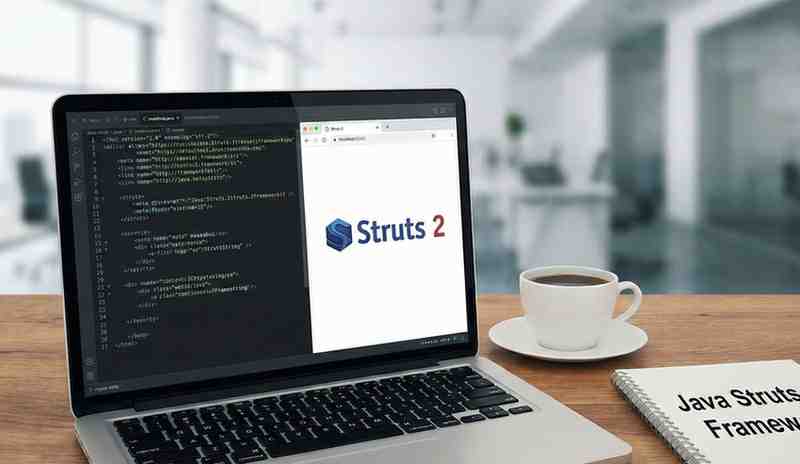When you’re in the hot seat answering questions such as, “What’s your greatest weakness?” and, “Why should we hire you?”a query like, “What is your hobby?” will probably seem like a piece of cake.
By learning more about your outside interests, they can glean more about your personality, and even draw some conclusions about how you may thrive in the organization. For example, if you like to paint in your spare time, and you’re interviewing for an account executive position with an advertising agency, your creative flair might be viewed as an asset when working with your creative counterparts.
If you’re involved in orchestrating community events, where organizational skills are critical, that would translate well into a promotional or event planning type of position. Asking about hobbies and interests can give some information about how they communicate and how they will fit in with the culture, and how we’ll mix interpersonally. Personally, I don’t ask about personal stuff like hobbies, because I can usually get a sense of someone’s personality and communication style by asking about their work experience, or other more professionally relevant stuff.
Interviewers might use a question like that as an ice-breaker, to give the candidate (and the interviewer) a chance to settle in, relax, and develop some rapport.
It’s a savvy thing to list appropriate hobby and interests. It gives you something to talk about that rounds you out, and gives the interviewer something to talk about. Research will also tell you that favorable rapport with interviewers is a significant factor in getting hired, getting investment capital, etc. This is the higher EQ side of working with people, you’ve generally got to be able to effectively relate to others to be more successful.
Profile Review & Recommendation
Expert-Driven Profile Review &
Recommendations

Let our expert look into your CV, Cover Letter, Naukri & LinkedIn Profile to turn your profile into the top 1% of professional profiles.
INR 1,999
- Naukri Profile Review & Recommendations
- Resume Review and Expert Recommendations
- LinkedIn Profile Review & Recommendations
- Cover Letter Templates Download
- Latest Resume Templates Download
- Personalized, tailored feedback
- ETA: 3- 5 Days
Self-Service Profile
Optimization

Access expert-curated guidelines, sample reviewed files, & step-by-step instructions to optimize your CV, Cover Letter, Naukri & LinkedIn Profile.
INR 499
- Guidelines for Profile Optimization (Resume, Naukri, and LinkedIn)
- Access to Sample Reviewed Files for inspiration
- Step-by-Step Instructions to reframe your profile
- Cover Letter Templates Download
- Latest Resume Templates Download
- Immediate access to the files
While there are no wrong answers per se, there are some smart choices you can make when answering this question in an interview. Hobbies/interests essential info including for the highest level positions as reveals commitments, priorities, comparability, passion, congruency, excellence, coachable, intelligence(beyond standard IQ). These attributes influence performance in business. To ignore, is to risk major mistake. And, any interviewee not asked about these should question the fit with the company.
Sometimes, interviewers will want to gain an understanding of what you are like as a total person, and what you’re interested in outside of work. This is where questions like, “What do you do in your spare time?” or “Tell me about your hobbies” come in.
Since most jobs involve a certain level of group interaction and support – and cross functional work teams continue to thrive – any kind of activity that you do in your spare time that demonstrates your ability to be a team player, such as playing a team sport or working with a group on a volunteer project, would be well perceived by your prospective boss
Not all jobs require leadership or management talent, but those kinds of activities project the desire to make a difference. It’s assumed that if you engage in a diverse assortment of hobbies, you may be better equipped to manage a broader array of experiences and people on the job,” she says. However, be careful not to list out too many hobbies. This can imply that you’re indecisive, you don’t commit adequate time to each hobby and that you’re stretched too thin.
Overall, the best policy is to bring up leisure pursuits that speak to your team orientation, good people skills, tenacity, and thirst for knowledge in the areas in which you are passionate.







